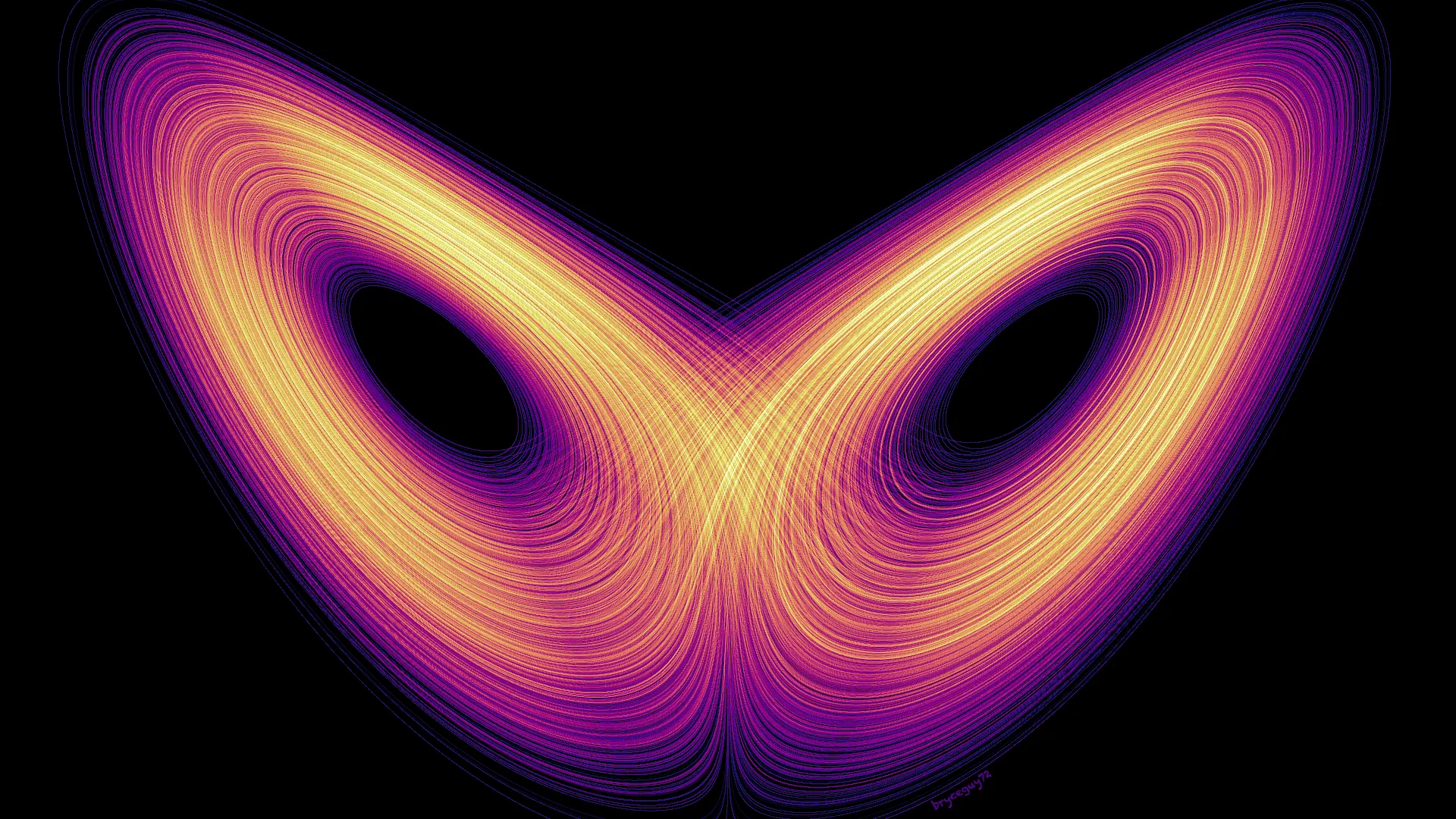The Basics of Quantum Computing
Quantum computing represents a revolutionary approach to information processing that harnesses the strange and powerful principles of quantum mechanics. Unlike classical computers that process information in binary bits, quantum computers use quantum bits (qubits) that can exist in multiple states simultaneously, potentially solving certain problems exponentially faster than conventional machines.
What Makes Quantum Computing Different?
Classical vs. Quantum Bits
Classical computers process information using bits that exist in one of two definite states: 0 or 1. Every calculation, from simple arithmetic to complex simulations, relies on manipulating these binary digits through logical operations.
Quantum computers, however, use qubits that can exist in a “superposition” of both 0 and 1 simultaneously. This fundamental difference allows quantum computers to explore multiple computational paths at once, rather than following a single sequential path like classical computers.
Key Quantum Principles
Superposition allows qubits to exist in multiple states simultaneously. While a classical bit is either 0 or 1, a qubit can be both 0 and 1 at the same time, with different probabilities for each state when measured.
Entanglement creates mysterious correlations between qubits, where measuring one qubit instantly affects the state of its entangled partner, regardless of the physical distance between them. This phenomenon enables quantum computers to process information in ways impossible for classical systems.
Interference allows quantum computers to amplify correct answers and cancel out incorrect ones through careful manipulation of quantum states, similar to how sound waves can reinforce or cancel each other.
How Quantum Computers Work
Quantum Gates and Circuits
Quantum computers manipulate qubits using quantum gates, which are the quantum equivalent of logic gates in classical computers. These gates perform operations like rotating qubit states, creating entanglement between qubits, or measuring quantum states.
Quantum algorithms are implemented as quantum circuits - sequences of quantum gates applied to qubits. Unlike classical circuits that follow deterministic paths, quantum circuits create probability distributions of possible outcomes.
The Measurement Problem
One of quantum computing’s most fascinating aspects is that qubits lose their quantum properties when observed. Measurement causes superposition to collapse, forcing each qubit to “choose” either 0 or 1. This means quantum algorithms must be designed to amplify the probability of measuring correct answers while suppressing incorrect ones.
Current Applications and Limitations
Where Quantum Computing Excels
Quantum computers show particular promise for specific types of problems:
Cryptography and Security: Quantum algorithms like Shor’s algorithm could theoretically break current encryption methods, while quantum key distribution offers unbreakable communication security.
Optimization Problems: Finding optimal solutions among vast numbers of possibilities, such as route planning, portfolio optimization, or supply chain management.
Scientific Simulation: Modeling quantum systems like molecules and materials, potentially revolutionizing drug discovery and materials science.
Machine Learning: Certain quantum algorithms could accelerate pattern recognition and data analysis tasks.
Current Challenges
Today’s quantum computers face significant obstacles. Quantum states are extremely fragile and easily disrupted by environmental interference - a problem called decoherence. Current quantum computers require near-absolute-zero temperatures and sophisticated error correction.
Most existing quantum computers are “Noisy Intermediate-Scale Quantum” (NISQ) devices with limited qubits and high error rates. They’re primarily research tools rather than practical computing platforms for most applications.
Getting Started with Quantum Computing
Educational Resources
IBM Qiskit Textbook: A comprehensive, free online textbook covering quantum computing theory and practical programming. Available at https://qiskit.org/textbook/, it includes interactive exercises and real quantum computer access.
Microsoft Quantum Development Kit: Provides Q# programming language documentation, tutorials, and quantum simulators. Access it at https://azure.microsoft.com/en-us/products/quantum. The quantum katas offer hands-on coding exercises for beginners.
“Quantum Computing: An Applied Approach” by Hidary: A textbook balancing theoretical foundations with practical implementation, suitable for students with basic linear algebra knowledge. Available on Amazon.
“Programming Quantum Computers” by Johnston, Harrigan, and Gimeno-Segovia: Focuses on practical quantum programming with examples using real quantum hardware. Find it on O’Reilly.
Online Courses and Platforms
IBM Quantum Experience: Offers free access to real quantum computers through the cloud, along with tutorials and a visual circuit composer for building quantum algorithms. Start at https://quantum-computing.ibm.com/.
edX Quantum Computing Courses: Multiple universities offer quantum computing courses, from MIT’s theoretical approach to Microsoft’s practical programming focus. Browse courses at https://www.edx.org/learn/quantum-computing.
Brilliant’s Quantum Computing Course: Interactive lessons that build intuition for quantum concepts. Available at https://brilliant.org/courses/quantum-computing/.
Programming Tools and Simulators
Qiskit (IBM): Python-based framework for quantum computing with extensive documentation, tutorials, and access to IBM’s quantum hardware. Get started at https://qiskit.org/.
Cirq (Google): Python framework designed for working with quantum circuits, particularly suited for Google’s quantum processors. Documentation at https://quantumai.google/cirq.
Q# (Microsoft): Domain-specific programming language designed specifically for quantum computing, integrated with classical .NET languages. Learn more at https://docs.microsoft.com/en-us/quantum/.
PennyLane (Xanadu): Python library for quantum machine learning and quantum computing. Explore at https://pennylane.ai/.
QuTiP: Python framework for simulating open quantum systems. Access documentation at https://qutip.org/.
Video Learning Resources
IBM Qiskit YouTube Channel: Comprehensive video tutorials covering beginner to advanced topics. Watch at https://www.youtube.com/c/qiskit.
Microsoft Quantum YouTube Series: Educational videos explaining quantum concepts and Q# programming. Available at https://www.youtube.com/playlist?list=PLLsuAVdH5Gu8v1NTb_eaKmWCCGfFhWBb-.
3Blue1Brown Quantum Computing Series: Excellent visual explanations of quantum mechanics principles. Find it at https://www.youtube.com/playlist?list=PLZHQObOWTQDPD3MizzM2xVFitgF8hE_ab.
Community and Forums
Quantum Computing Stack Exchange: Active Q&A community for quantum computing questions. Join at https://quantumcomputing.stackexchange.com/.
r/QuantumComputing: Reddit community for discussions, news, and resources. Visit https://www.reddit.com/r/QuantumComputing/.
Qiskit Slack Community: Real-time chat with quantum computing enthusiasts and experts. Join at https://qiskit.slack.com/.
Mathematical Prerequisites
To understand quantum computing deeply, familiarity with linear algebra is essential, particularly vector spaces, matrix operations, and eigenvalues. Complex numbers and basic probability theory are also important. However, many introductory resources start with the conceptual foundations before diving into mathematical details.
Recommended Math Resources:
- Khan Academy Linear Algebra: https://www.khanacademy.org/math/linear-algebra
- 3Blue1Brown Linear Algebra Series: https://www.youtube.com/playlist?list=PLZHQObOWTQDPD3MizzM2xVFitgF8hE_ab
- MIT OpenCourseWare Linear Algebra: https://ocw.mit.edu/courses/18-06-linear-algebra-spring-2010/
The Road Ahead
Quantum computing remains in its early stages, similar to classical computers in the 1940s and 1950s. While practical quantum advantage for real-world problems may still be years away, the field is advancing rapidly. Major technology companies, governments, and startups are investing heavily in quantum research.
For those interested in entering this field, now is an excellent time to start learning. The quantum computing community is relatively small and welcoming, with many opportunities for newcomers to contribute to this revolutionary technology.
Whether you’re a student, programmer, or simply curious about the future of computing, quantum computing offers a fascinating glimpse into how the strange rules of quantum mechanics might reshape our technological landscape. The journey from classical to quantum thinking challenges our intuitions about reality itself, making quantum computing as much a philosophical adventure as a technological one.


